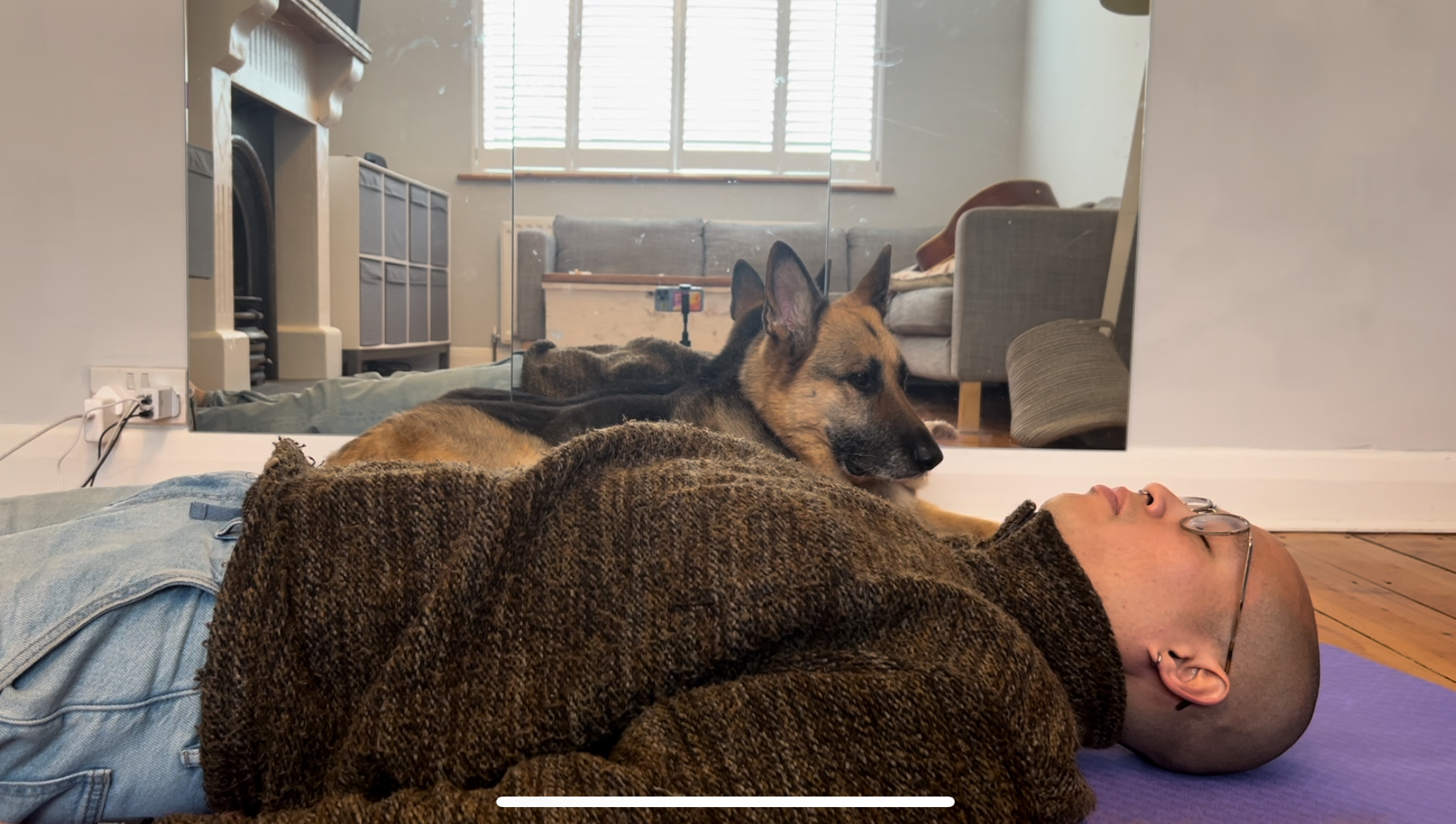I recently listened to a podcast episode by Harry Mack — a very gifted freestyle rap artist — named “Flow State” and I want to share a few key insights I took away regarding the art of practice. Though the discussion around his beliefs and advice revolve around freestyle rapping, I believe the principles can be more generally applied to other areas of life (e.g. dance) and ultimately, I think he’s ultimately describing mastery.
Some background: like many others, I like to think that I am someone who values process vs results. Though hitting objectives and reaching goals are important, especially in certain contexts, I stay rooted in the art of mastery in both my personal and professional pursuits. These days, given dance is at the forefront of my life, I’m less concerned about winning a dance battle and more concerned with exploring my mind and body during a performance:
- What am I feeling?
- What are my thoughts?
Together, these two help gain more self-awareness, help me better understand WHO I AM and help me better align myself with WHO I WANT TO BECOME.
Similarly, on a professional level, these days I’m less concerned with my title and role (something I used to obsess over) and more with what the day to day responsibilities include.
Now, I’ve been interested in the topic of practice and mastery for over a decade; according to my Amazon purchase history, I bought the book “Talent is overrated” and “Mastery: The Keys to Success and Long-Term Fulfillment.” It’s a topic that I find myself gravitating towards on a daily basis.
Okay, enough background. Let’s get into it.
Main Take Away
Harry Mack transferred his knowledge of practice — he’s been playing music since he was 7 — and applied mastery to freestyle rap.
What practicing is NOT: just doing the activity
Here’s a common misconception when it comes to practice: just do the activity (e.g. dance, play the instrument) itself. Nope. That is NOT practice. While Harry Mack concedes that doing the activity itself will improve you skills and will help you ascend to a higher level, performing the activity is insufficient to reach what he considers an elite level. To reach an elite level, one must devote time to actual practice.
So what is it?
What is practicing?
Practice is about identifying your weakness and is more or less fairly regimented. A subtle (but what I consider important) point he makes is that the activity should feel fun and that you are more or less “creating little games for yourself … that are aimed at specific weaknesses so that you can improve upon them.”
I apply this concept of practice to my dance journey. One (of many) area of weaknesses that I’m aware of is my lack of coordination to intentionally perform polyrhythms: move two (or more) body parts at different rhythms. Most recently, I am working on polyrhythm that consists of 1) The cross step 2) Head isolation and 3) Arm movement. Though the integration of all three is what I’m trying to accomplish, I am breaking it down in parts that are manageable and within the range of my abilities. Harry Mack underscores the importance of making the exercises tailor fit for yourself:
“If you are not able to achieve the goal at a decent percentage, you need to slow down, shaving away excess, so you get right to the thing that you’re working on.”
Harry Mack’s example of practicing triplets
His practice is not something he would not typically do in front of others because practice seems rather mundane and he believes (though I disagree here) that his audience would not find it entertaining or engaging.
An example of practice (for him) is triplet rhythms, with one syllable rhymes. The practice would be him rapping four bars:
Off of the top I get in the zone.
I’m on the one I’m never no clone.
I do my bars direct off the dome.
I send these rappers all the way home
He’d perform this exercise for 20 minutes and reminds the listeners of the podcast that the practice is NOT a performance.
Performance: where the rubber meets the road
As mentioned above, practice is highly regimented with clear parameters. When it comes to performing (in front of others), Harry Mack offloads all the regimented practice, letting it all go: “[Performance is] bringing everything together in real time without the regimented structure and there are no rules”
Summary
Ultimately, to practice, you want to come up with your own exercises that:
- Get you into a flow state
- Match your current skill level
Flow state is not about repeatedly doing something easy. It’s a meditative state.
In fact, it’s about “doing the thing that is at the razor’s edge of your ability …. we can make practice fun; don’t bite off more than you can chew. The surest way that practice doesn’t feel flowy and fun is try to do something that’s way outside your ability and you’re just fucking up the whole time.”
If you are tripping up, try slowing it down, making it easier somehow, or reducing scope.
